Many parents and schools, although their views may be different, have a common question: When Circular 29 on extra teaching and learning takes effect, will schools be able to link with outside centers to teach English, life skills... in schools?
According to Circular 29, paid tutoring in schools is prohibited. Free tutoring in schools is only organized for certain groups of students, including: Students whose final semester results are not satisfactory; students selected by the school to nurture excellent students and final year students who voluntarily register for exam review according to the school's education plan.
Currently, many schools and teachers are wondering whether they can link with outside centers to organize educational activities such as teaching English or life skills,... in school.
Answering this question, in an interview with VietNamNet , Associate Professor Dr. Nguyen Xuan Thanh, Director of the Department of Secondary Education (Ministry of Education and Training) said that in Decree 24/2021/ND-CP of the Government (regulating management in preschools and public general education institutions) as well as in the Charter of secondary schools, high schools and multi-level schools, all talk about the form of educational activities, in which educational institutions are proactive in coordinating with units to improve educational capacity. That is, schools can coordinate to organize for students to develop skills.
In addition, Circular 29 does not prohibit schools from coordinating to organize educational and capacity development activities for students so that they can apply knowledge and develop themselves.
According to Mr. Thanh, programs and contents of joint activities that do not teach additional content of the official general education program are completely permitted.
“However, these activities must be carried out in accordance with other provisions of the law, in addition to Circular 29. As long as the content of those activities helps students have the opportunity to develop their abilities, why don’t we encourage them to have the opportunity to experience them?” Mr. Thanh said.
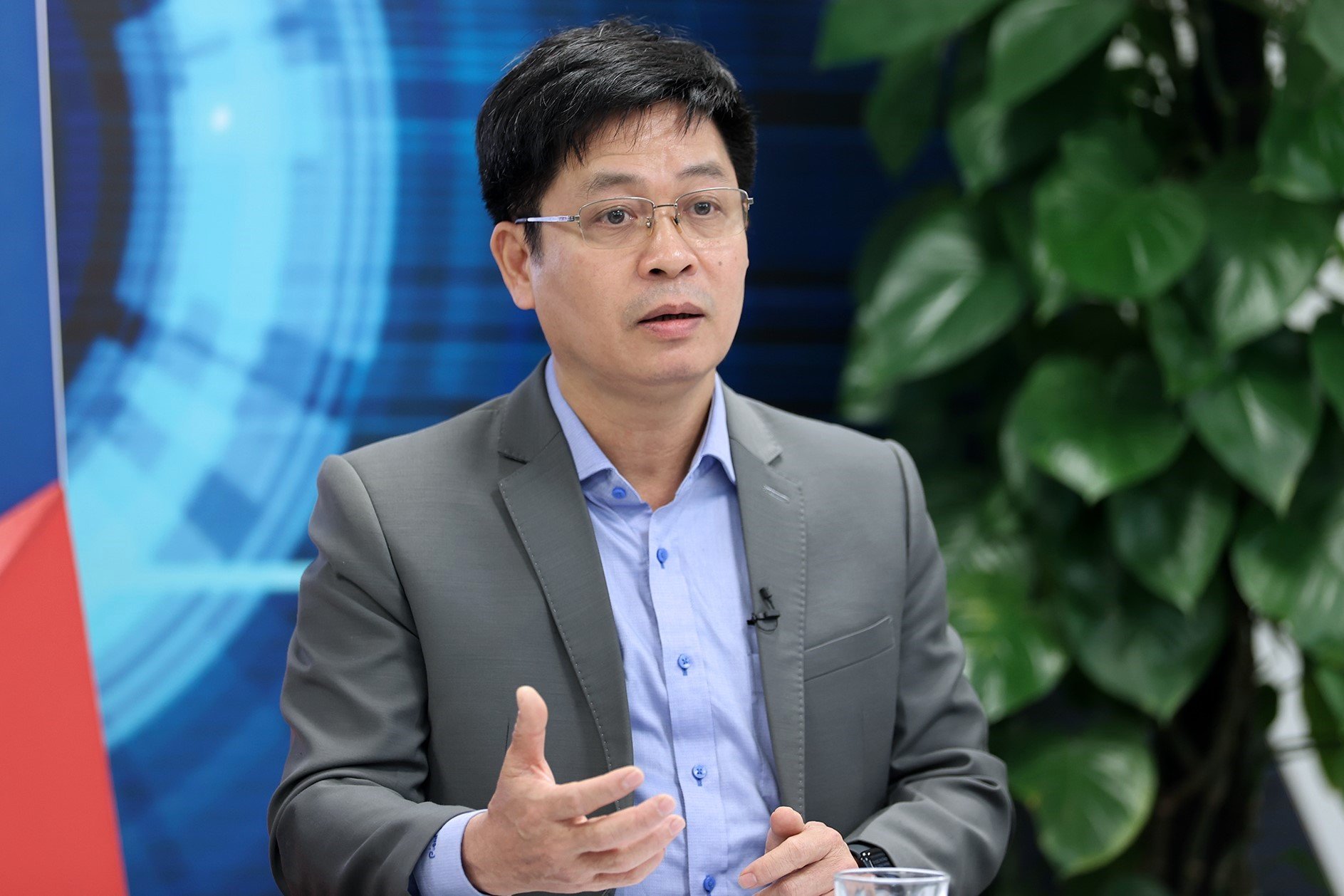
However, it should be noted that organizing such activities in schools is also using public assets, invested to carry out educational tasks; therefore, schools must comply with the provisions of the law.
Regarding concerns about monitoring joint programs to ensure real quality and not teaching knowledge that violates the main curriculum, Mr. Thanh said that this is also the responsibility of the principal and teachers in the school.
“If you say it is difficult, I do not understand what the principals or teachers of the schools do. Whether the principals or teachers agree to the association or not, they themselves must know whether the association program overlaps the General Education Program or not. We are the ones who work, our main job is teaching, of course we must know and understand the program deeply. Therefore, teachers must know what content is in the program. If any teacher says 'I don't know if this is in or out of the program', we need to review whether the teacher has fulfilled his/her responsibility or not."
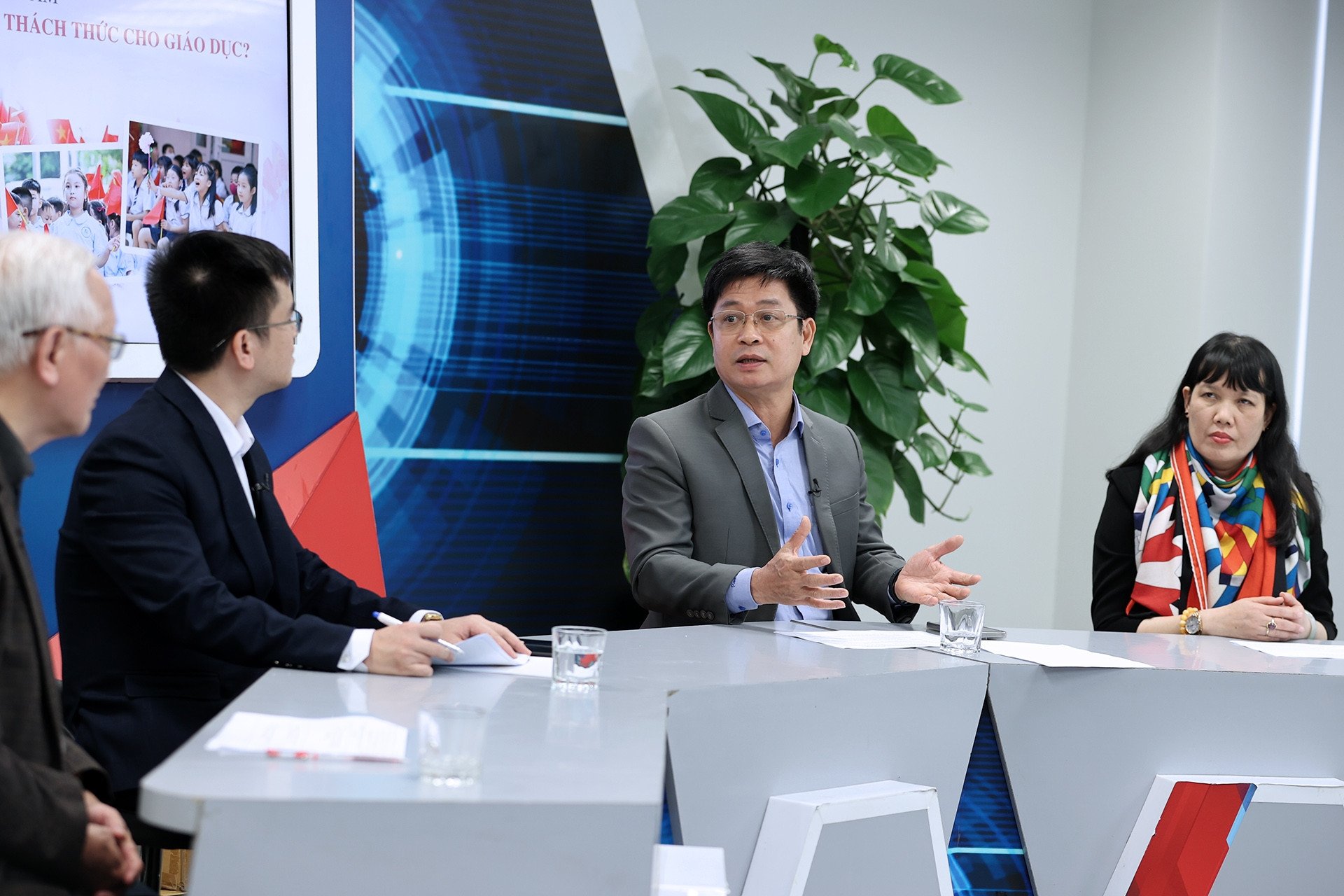
Parents 'lower expectations, increase effort' as extra teaching and learning disappear
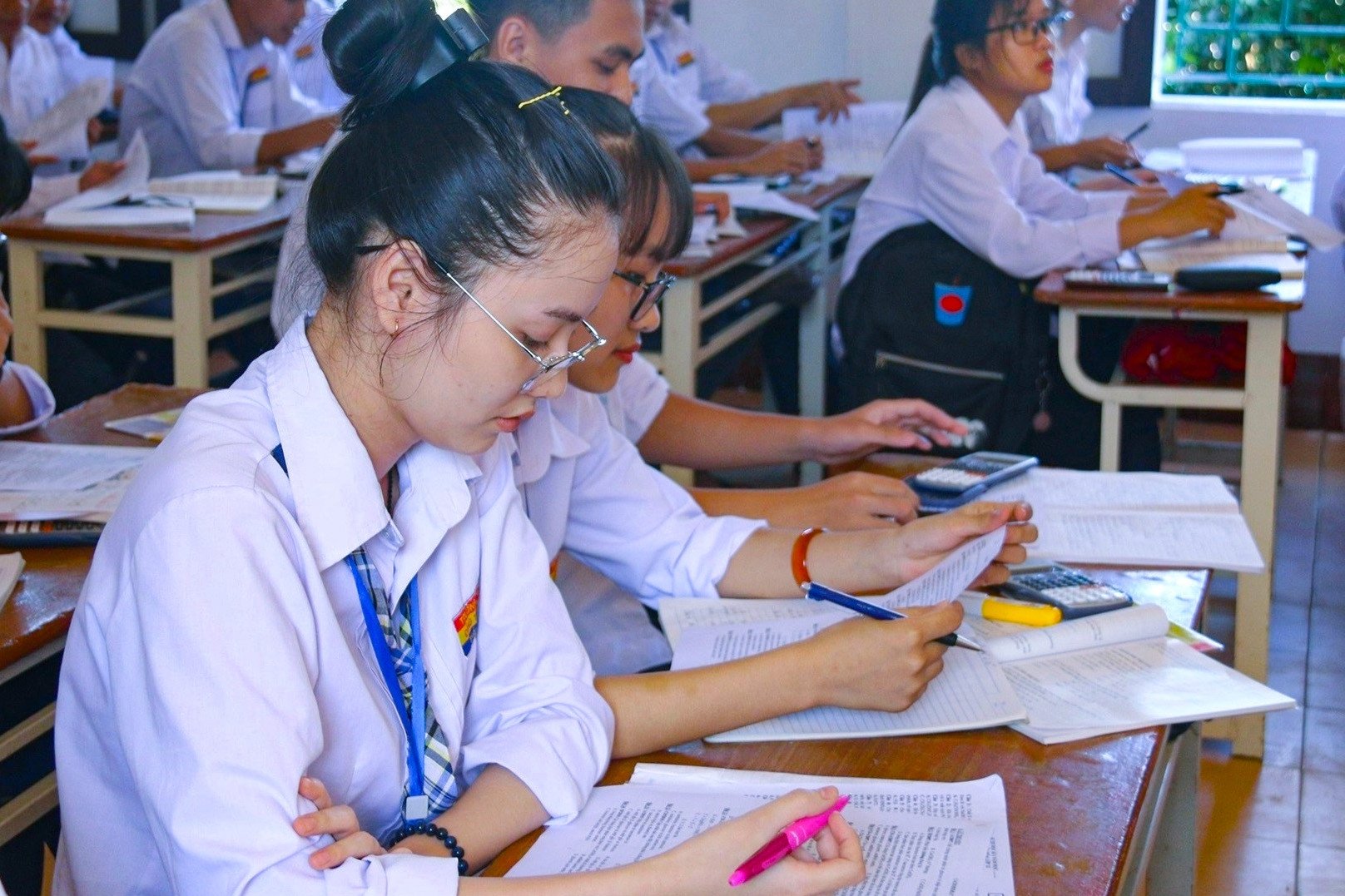
'All students have good and excellent titles, so why do they have to worry about going to extra classes?'
Source: https://vietnamnet.vn/thong-tu-29-co-hieu-luc-truong-co-duoc-lien-ket-day-tieng-anh-ky-nang-song-2371342.html


![[Photo] Urgently help people soon have a place to live and stabilize their lives](/_next/image?url=https%3A%2F%2Fvphoto.vietnam.vn%2Fthumb%2F1200x675%2Fvietnam%2Fresource%2FIMAGE%2F2025%2F12%2F09%2F1765248230297_c-jpg.webp&w=3840&q=75)





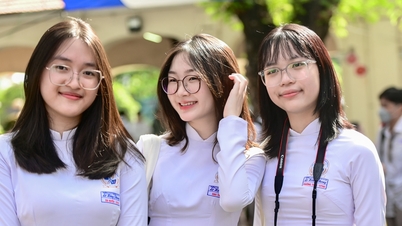


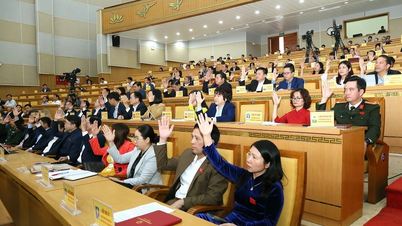

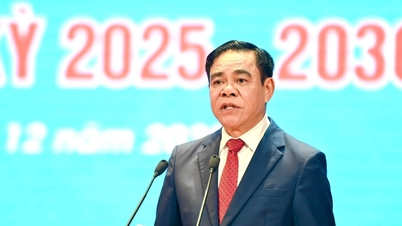

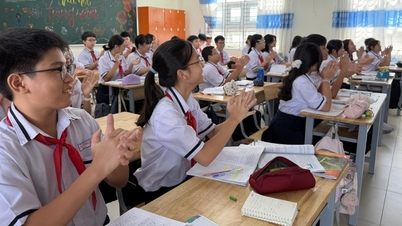

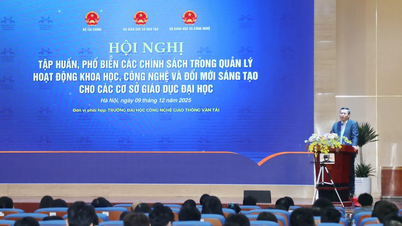






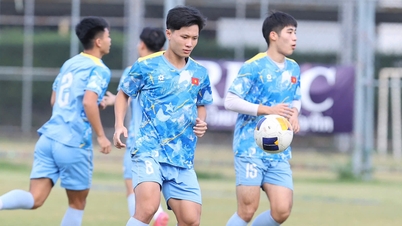

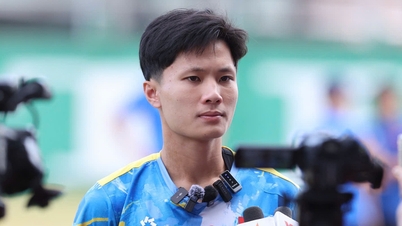






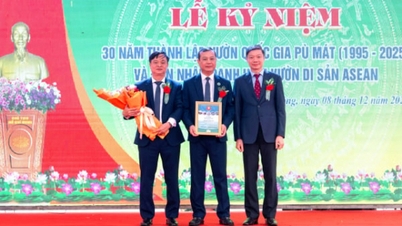


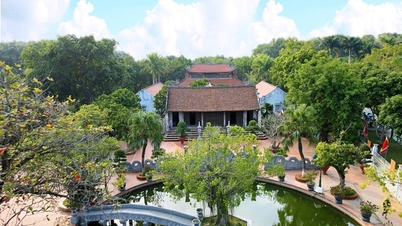
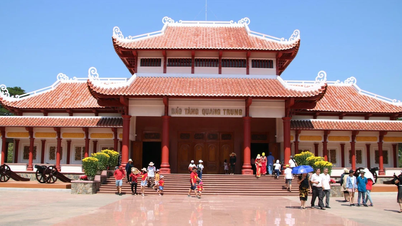


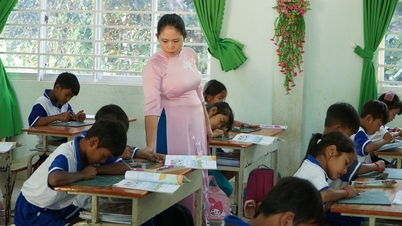

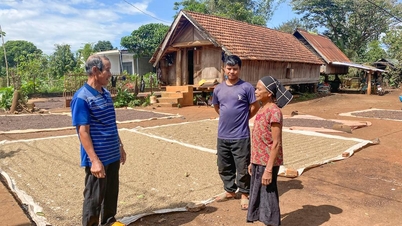

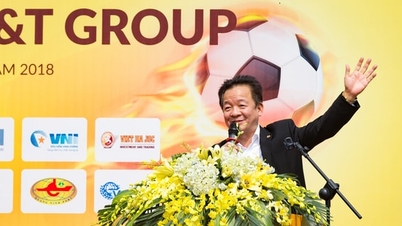



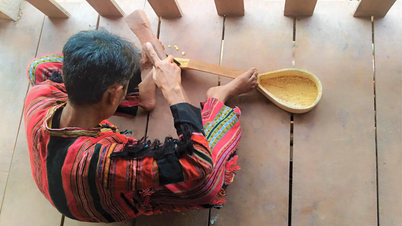



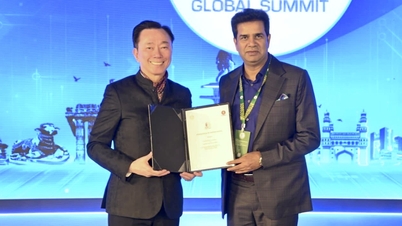






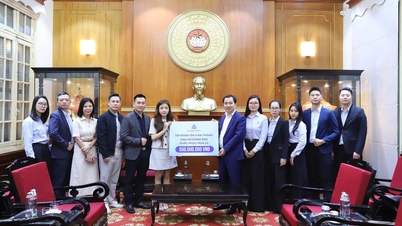







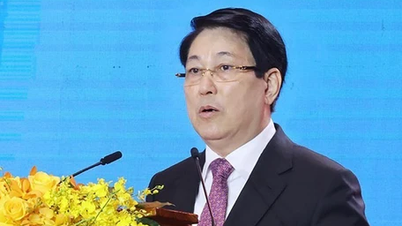
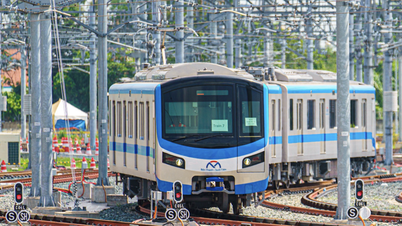


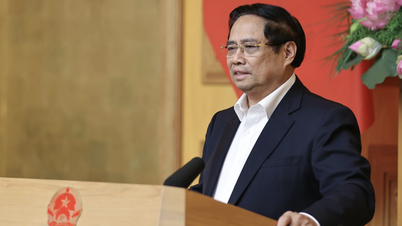

![[Photo] General Secretary To Lam works with the Standing Committees of the 14th Party Congress Subcommittees](https://vphoto.vietnam.vn/thumb/402x226/vietnam/resource/IMAGE/2025/12/09/1765265023554_image.jpeg)








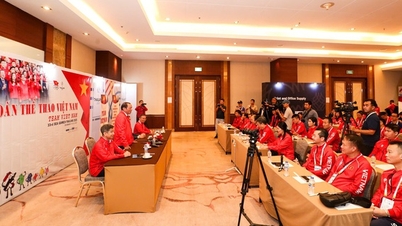
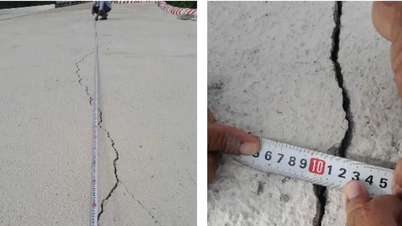



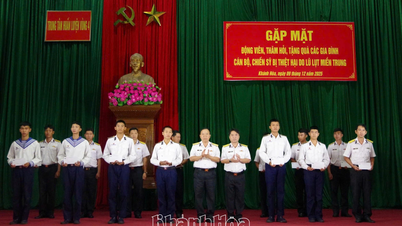

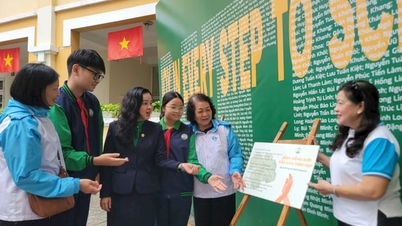
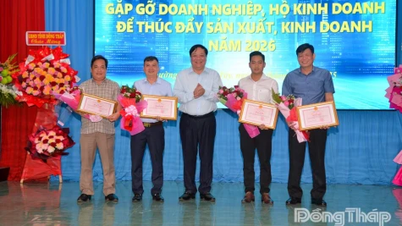

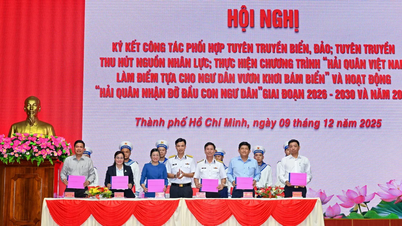
















Comment (0)